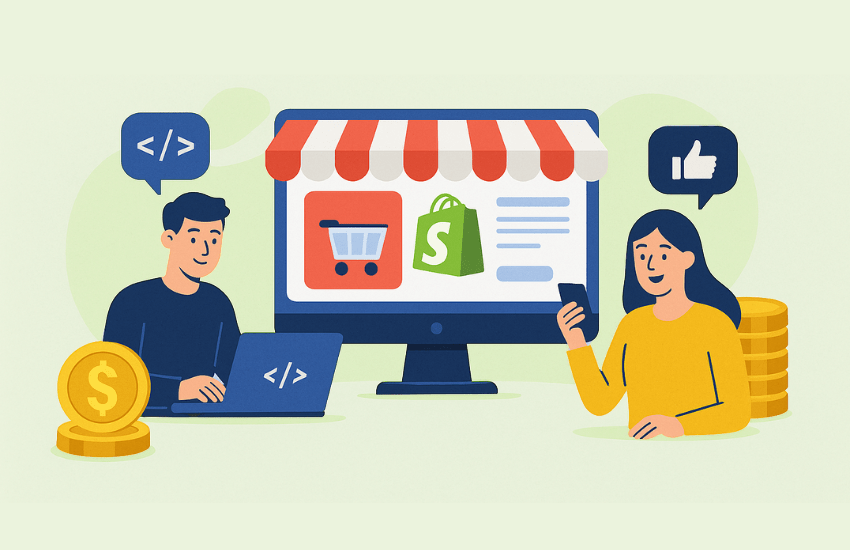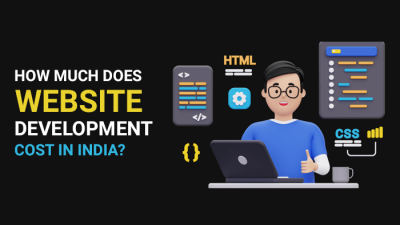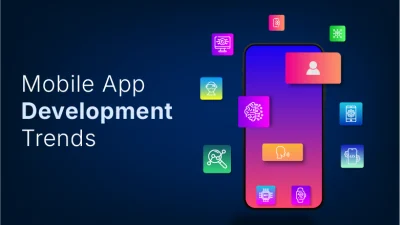Introduction
Shopify has become synonymous with e-commerce. Its ease of use, quick setup, and vast ecosystem make it a go-to platform for many online retailers. But as businesses grow and competition intensifies, the limitations of Shopify become more apparent. For brands seeking true differentiation, scalability, and control, custom website development offers a compelling alternative – Custom Development Over Shopify.
In this blog, we’ll explore why e-commerce stores should consider custom development over Shopify, especially when aiming for long-term growth, unique branding, and advanced functionality.
1. The Appeal of Shopify—and Its Limitations
Why Shopify Is Popular
- Quick Setup: Launch a store in hours.
- User-Friendly: No coding required.
- App Ecosystem: Thousands of plugins for added functionality.
- Hosted Solution: No need to manage servers or security.
But Here’s the Catch
- Limited Design Flexibility
- Recurring Costs
- Performance Bottlenecks
- Restricted Customization
- Vendor Lock-In
Shopify is ideal for startups and small businesses, but it can become a bottleneck for brands that want to scale or innovate.
2. Custom Development: What Does It Mean?
Custom development involves building an e-commerce website from scratch or using flexible frameworks like WooCommerce, Magento, or headless CMS solutions. It gives you full control over design, functionality, performance, and integrations.
Key Benefits:
- Tailored user experience
- Unique branding
- Scalable architecture
- Advanced features
- Full ownership of code and data
3. Branding That Stands Out
Shopify’s Design Constraints
Shopify themes are customizable—but only to a point. Deep design changes often require Liquid coding and can be limited by the theme’s structure.
Custom Development Advantage
With custom development, your website becomes a canvas. You can:
- Create immersive brand experiences
- Use custom animations and interactions
- Design layouts that reflect your brand story
- Implement unique product pages and checkout flows
In a crowded market, visual differentiation is key—and custom design delivers that.
4. Performance and Speed Optimization
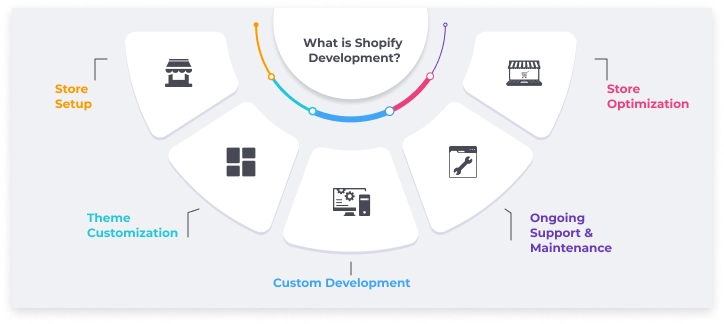
Shopify’s Shared Infrastructure
Shopify stores share server resources, which can lead to slower load times during traffic spikes. App bloat also affects performance.
Custom Development Advantage
You can:
- Optimize code for speed
- Use lightweight frameworks
- Implement CDN and caching strategies
- Choose high-performance hosting
Faster websites lead to better SEO, lower bounce rates, and higher conversions.
5. SEO and Content Flexibility
Shopify’s SEO Limitations
While Shopify covers basic SEO, it lacks flexibility in:
- URL structures
- Meta tag customization
- Schema markup
- Blog formatting
Custom Development Advantage
You can:
- Implement advanced SEO strategies
- Use structured data for rich snippets
- Create content hubs and landing pages
- Optimize for voice search and Core Web Vitals
Better SEO means more organic traffic and lower acquisition costs.
6. Custom Features and Integrations
Shopify’s App Dependency
Need a feature? There’s probably an app—but it may come with:
- Monthly fees
- Performance issues
- Limited customization
Custom Development Advantage
You can build:
- Custom product configurators
- Subscription models
- Loyalty programs
- Multi-vendor marketplaces
- Advanced analytics dashboards
Custom features give you a competitive edge and improve user experience.
7. Checkout Experience and Conversion Optimization
Shopify’s Checkout Restrictions
Shopify’s checkout is locked down unless you’re on Shopify Plus. This limits:
- Custom fields
- Upsells and cross-sells
- Payment gateway flexibility
Custom Development Advantage
You can:
- Design frictionless checkout flows
- Integrate preferred payment methods
- Add trust signals and social proof
- Implement cart recovery strategies
A better checkout experience means higher conversion rates.
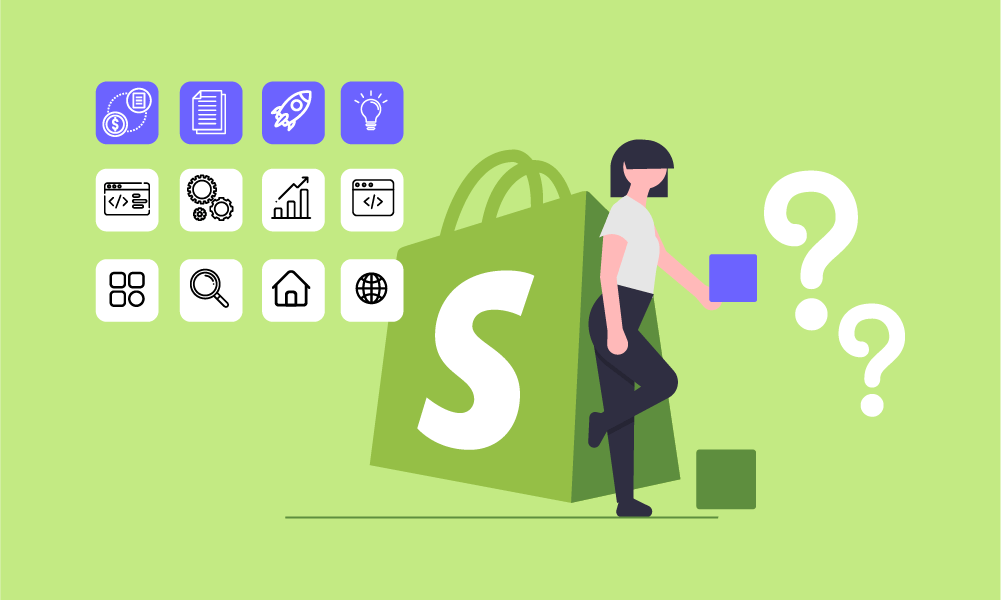
8. Scalability and Future-Proofing
Shopify’s Growth Ceiling
As your business grows, you may hit limitations in:
- Product variants
- API rate limits
- Internationalization
- Custom workflows
Custom Development Advantage
You can:
- Build scalable architecture
- Handle large catalogs and traffic
- Expand globally with localization
- Automate operations with custom logic
Custom development grows with your business—not against it.
9. Ownership and Control
Shopify’s Vendor Lock-In
Your store lives on Shopify’s servers. If you want to migrate, it’s not easy. You’re also subject to their pricing, policies, and platform changes.
Custom Development Advantage
You own:
- Your codebase
- Your data
- Your hosting
- Your roadmap
This gives you freedom to innovate, pivot, and protect your business.
10. Security and Compliance
Shopify’s Shared Responsibility
Shopify handles basic security, but you’re still responsible for:
- App vulnerabilities
- Data privacy
- Compliance (GDPR, PCI, etc.)
Custom Development Advantage
You can:
- Implement tailored security protocols
- Use secure payment gateways
- Ensure full compliance with regulations
- Monitor and audit your infrastructure
Security builds trust—and trust drives sales.

11. Real-World Examples
Case Study: Luxury Fashion Brand
Moved from Shopify to a custom-built headless site. Result:
- 50% faster load times
- 35% increase in conversions
- Fully personalized shopping experience
Case Study: Niche Subscription Box
Needed custom billing logic and user dashboard. Shopify couldn’t deliver. Custom site resulted in:
- 40% reduction in churn
- 25% increase in upsells
12. When to Choose Custom Development
Ask Yourself:
- Do you need unique branding?
- Are you planning to scale?
- Do you want full control over features and data?
- Are you hitting limitations with Shopify?
If the answer is yes, custom development is worth exploring.
13. Cost Considerations
Shopify Costs
- Monthly fees
- App subscriptions
- Transaction fees
- Shopify Plus pricing
Custom Development Costs
- Higher upfront investment
- Lower long-term costs
- No vendor lock-in
- Better ROI over time
Think of custom development as a strategic investment—not just a technical decision.
Conclusion
Shopify is a great starting point, but it’s not a one-size-fits-all solution. For e-commerce brands that want to stand out, scale, and innovate, custom website development offers unmatched flexibility, performance, and control.
Whether you’re launching a new brand or upgrading an existing store, consider what custom development can unlock for your business. In a competitive market, differentiation is everything—and your website is your most powerful tool.

